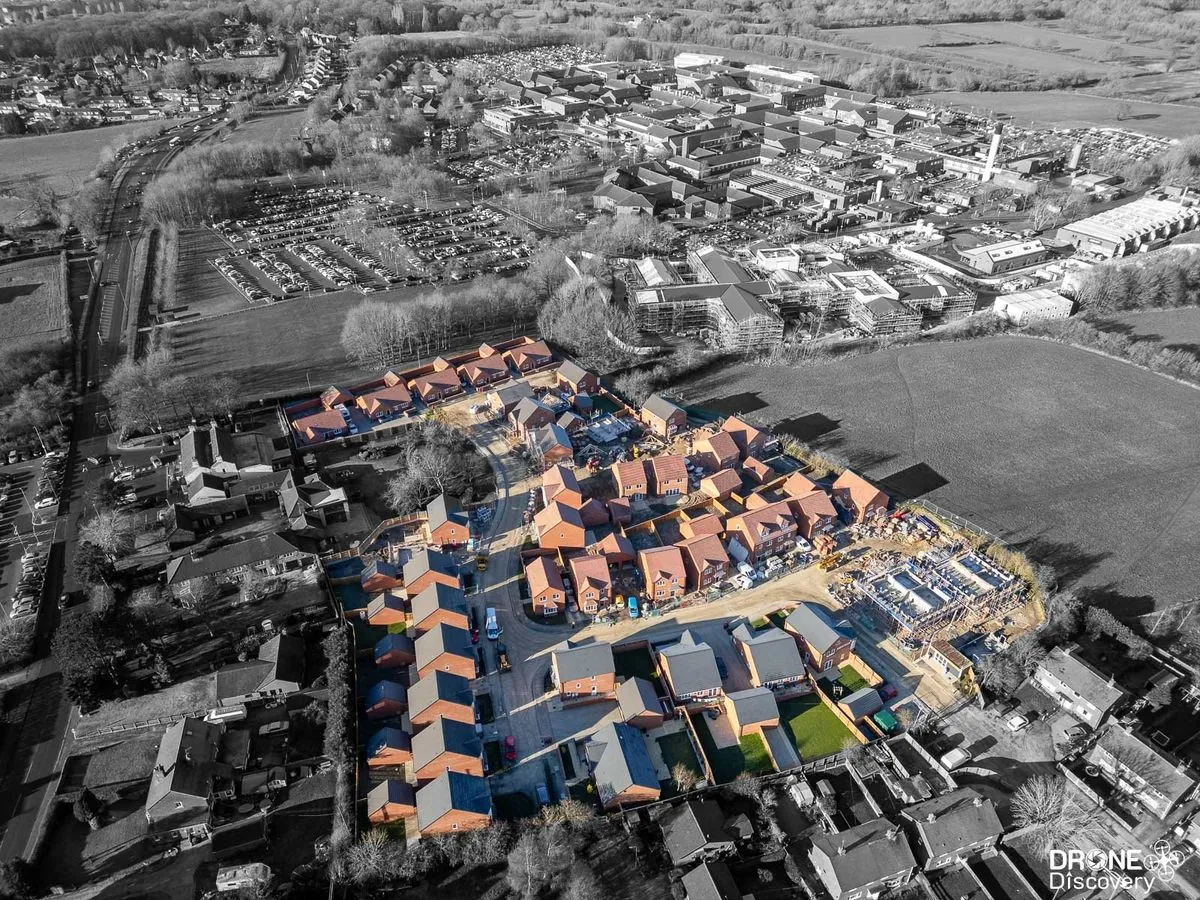UK Housing Crisis: Labour's Challenges and Controversial Solutions
The UK faces a severe housing shortage due to population growth and policy constraints. Labour's ambitious building plans and proposed changes to existing schemes spark debate on effective solutions.

The UK government faces a significant challenge in addressing the nation's housing crisis, characterized by insufficient supply, high costs, and construction difficulties. This situation hampers productivity and economic growth, which are crucial for supporting Labour's policy agenda.
The roots of this crisis can be traced back to the past 25 years, during which the UK's population increased by 10 million without a corresponding building program. Migration has been a significant factor, accounting for approximately 90% of the 1.34 million increase in England's "housing deficit". Additionally, changes in living patterns, such as more people living alone due to increased longevity or family breakdowns, have contributed to the housing shortage.

Planning restrictions, particularly the green belt policy introduced by the 1945 Labour government, have limited the areas where new homes can be built. This policy, first proposed in 1935 by the Greater London Regional Planning Committee, has played a significant role in shaping UK urban development.
Labour has pledged to construct 1.5 million new homes, a promise that raises questions about feasibility and location. Angela Rayner, the deputy prime minister, has been tasked with addressing this issue. Her initial actions include reinstating house-building targets for local authorities while reducing them for London, where the need is most acute.
One controversial move by Rayner is the proposed scrapping of the Right to Buy scheme, introduced by the Thatcher government in the 1980s. This program has led to the sale of over 2 million council houses since its inception. Critics accuse Rayner of hypocrisy, as she personally benefited from the scheme. While local authorities argue that selling council houses exacerbates the crisis due to insufficient replacement by housing associations, eliminating a program that helps people onto the property ladder may not improve the situation.
"Selling council houses is deepening the crisis because they are not being replaced by housing associations."
The rental sector, particularly in London, faces severe challenges due to supply-demand imbalances, making it difficult for young people to save for home ownership. The proportion of 25-34 year olds owning their own home has fallen from 65% in 1996 to 41% in 2021, highlighting the growing difficulty in accessing homeownership.
Concerns are rising about potential tax changes in the upcoming Budget, specifically the possibility of increased capital gains tax. Such a move could negatively impact the buy-to-let market, with landlords already selling properties in anticipation. This trend could further reduce rental supply in a market where the private rented sector has doubled in size since 2002.
As the UK grapples with these complex housing issues, questions arise about Labour's understanding of the situation and the effectiveness of their proposed solutions. The housing crisis is estimated to cost the UK economy £3 billion annually due to reduced job mobility, underscoring the urgent need for comprehensive and well-considered policies to address this multifaceted problem.


































